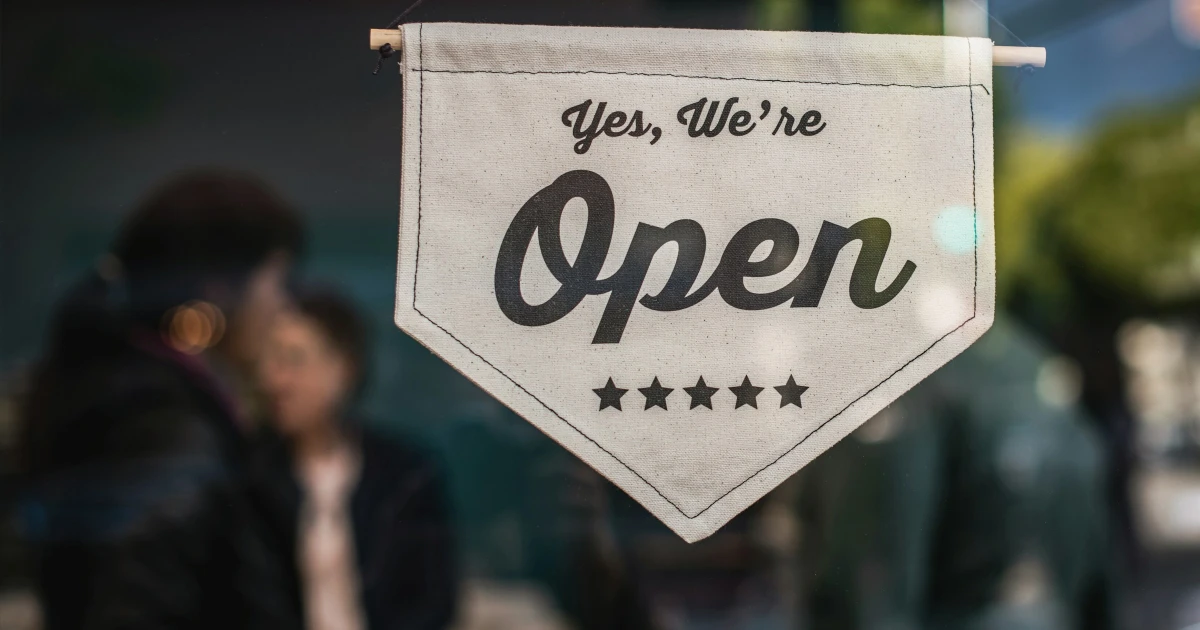write or solve their tasks. However, the company is still discussing whether to actually launch it or not.
In a press declaration, an OpenAI representative confirmed that the AI startup is developing the text watermark procedure described previously in the media, but claimed that it’s taking a “deliberate approach” because of “the complexities involved and its likely impact on the broader ecosystem beyond OpenAI.”
The spokesperson also stated: “The text watermarking method we’re developing is technically promising, but has important risks we’re weighing while we research alternatives, including susceptibility to circumvention by bad actors and the potential to disproportionately impact groups like non-English speakers.”
This approach would represent a different method from the majority of prior efforts to identify AI-generated text, which have been predominantly inefficient. Last year, even OpenAI itself turned off its past AI text radar as a consequence of its low rate of accuracy.
With the text watermarking, the artificial intelligence startup OpenAI would concentrate exclusively on finding ChatGPT writing, and not from other companies’ models. This would happen by implementing minimal modifications to the way ChatGPT chose words, basically making an imperceptible watermark in the writing process that could afterward be identified by a different tool.
After the media articles, OpenAI additionally revised a 2024 May blog post about its study of machine learning spotting AI-powered content. The revised post says watermarking has shown “highly accurate and even effective against localized tamperings, such as paraphrasing”, but has confirmed “less robust against globalized tampering; like using translation systems, rewording with another generative model, or asking the model to insert a special character in between every word and then deleting that character.”
As a response, OpenAI notes that this procedure is “trivial to circumvention by bad actors.” The artificial intelligence startup’s update also repeats the representative’s opinion about non-English speakers, claiming that text watermarking could “stigmatize the use of artificial intelligence as a useful writing tool for non-native English speakers.”
OpenAI is a non-profit tech research organization that aims to improve friendly artificial intelligence for the good of humanity. The group was founded in December 2015, and among its members are included Elon Musk and Sam Altman.
OpenAI has launched the AI-powered ChatGPT chatbot on November 30, 2022. ChatGPT is based on a machine learning system that allows users to improve and manage a conversation towards a customized length, format, style, degree of detail, and language.


.webp)



.webp)





.webp)

